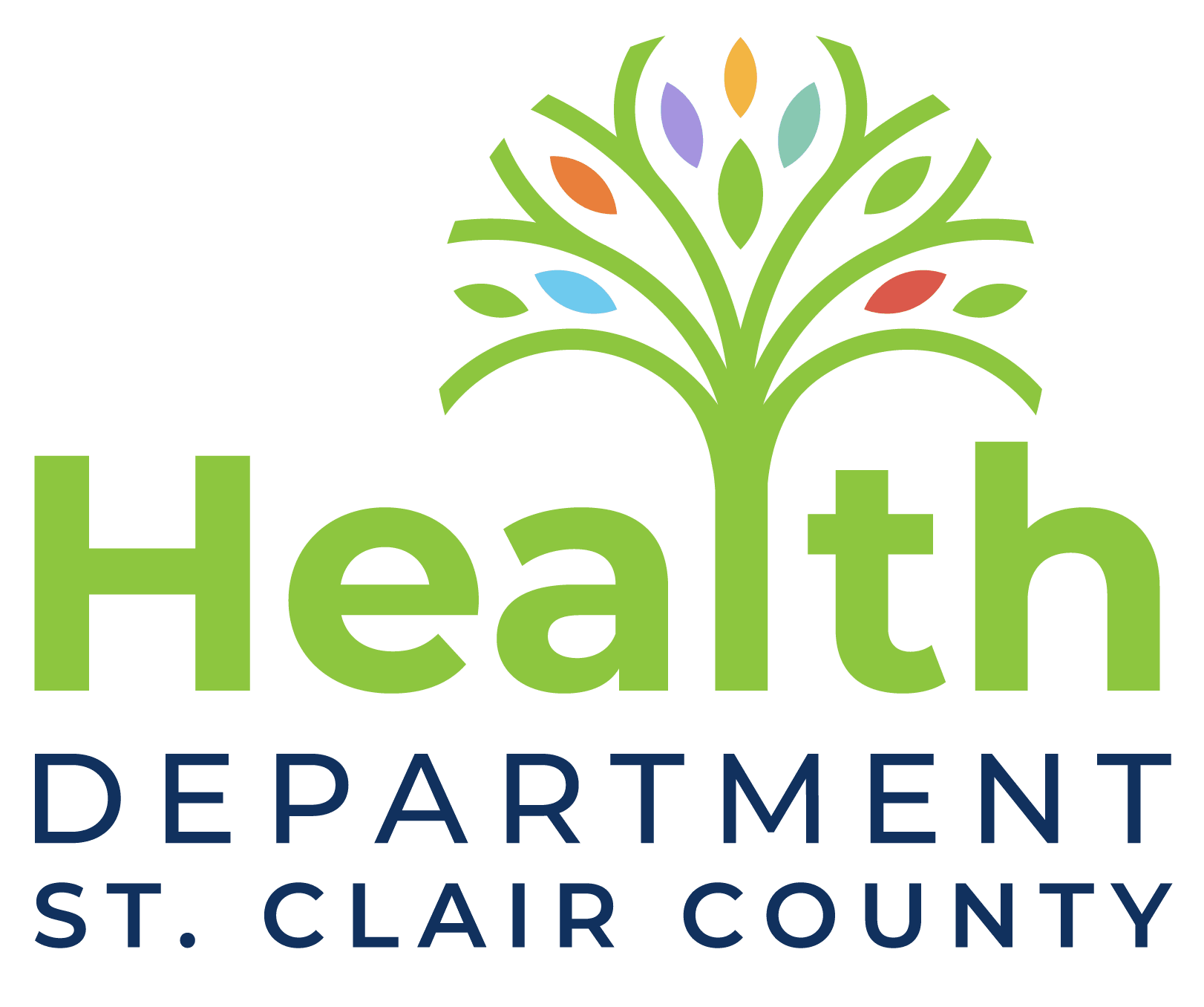Sexually Transmitted Diseases
Sexually transmitted diseases (STDs) continue to be a public health concern in St. Clair County.
Our sexually transmitted disease program includes a case management team of nurses and disease intervention specialists to assist in case management and treatment. The program also offers access to condoms.
Treatment Guidelines
Current recommendations for the treatment of STDs are found in the CDC’s Sexually Transmitted Infections Treatment Guideline.
Prevent STDs (Sexually Transmitted Disease)
You can reduce your risk of getting a STD (Sexually Transmitted Disease) through the following methods:
- Practice abstinence. The most reliable way to avoid STDs is to not have sex (I.e., oral, anal, or vaginal)
- Use condoms. Correct and consistent use of the male latex condom is highly effective in reducing STD transmission. Use a condom every time you have anal, vaginal, or oral sex. If you have latex allergies, synthetic condoms can be used. If you are having trouble accessing condoms, please fill out the form below.
- Get vaccinated. Vaccines, a safe and effective prevention method, are available for Hepatitis B and Human Papillomavirus (HPV) and are a safe and effective prevention method.
- Reduce your number of sex partners. Reducing the number of sex partners reduces the chances of being exposed to STDs.
- Practice mutual monogamy. Mutual monogamy means only being with one sex partner, who is only sexually active with you. Getting testing and knowing you and your partner do not have STDs prior to engaging in sexual activity is important.
- Get tested. If you know your STD status, you can seek treatment and reduce the chances of transmitting the STD to someone else
Click the following link for information on How to Use a Male Condom | CDC
Click the following link for information on How to Use a Female (Internal) Condom | CDC

Sexually Transmitted Disease Symptoms & Testing
The following symptoms may be an indication of a Sexually Transmitted Disease (STD):
- an unusual discharge from the vagina, penis, or anus
- pain when peeing
- lumps or skin growths around the genitals or bottom (anus)
- a rash
- unusual vaginal bleeding
- itchy genitals or anus
- blisters and sores around your genitals or anus
- warts around your genitals or anus
If you are experiencing one of these symptoms or are concerned you may have been exposed to an STD, please contact your healthcare provider or one of the following agencies to schedule STD testing:
East Side Health District
East Side Health District Website
Phone: (618) 874-4713
Mosaic Pregnancy & Health Centers
Mosaic Pregnancy & Health Centers Website
Phone: (618) 355-9977
Planned Parenthood
Planned Parenthood Website
Phone: (618) 277-6668
SIHF Healthcare
SIHF Healthcare Website
Visit website and select a location to obtain the phone number for that location
